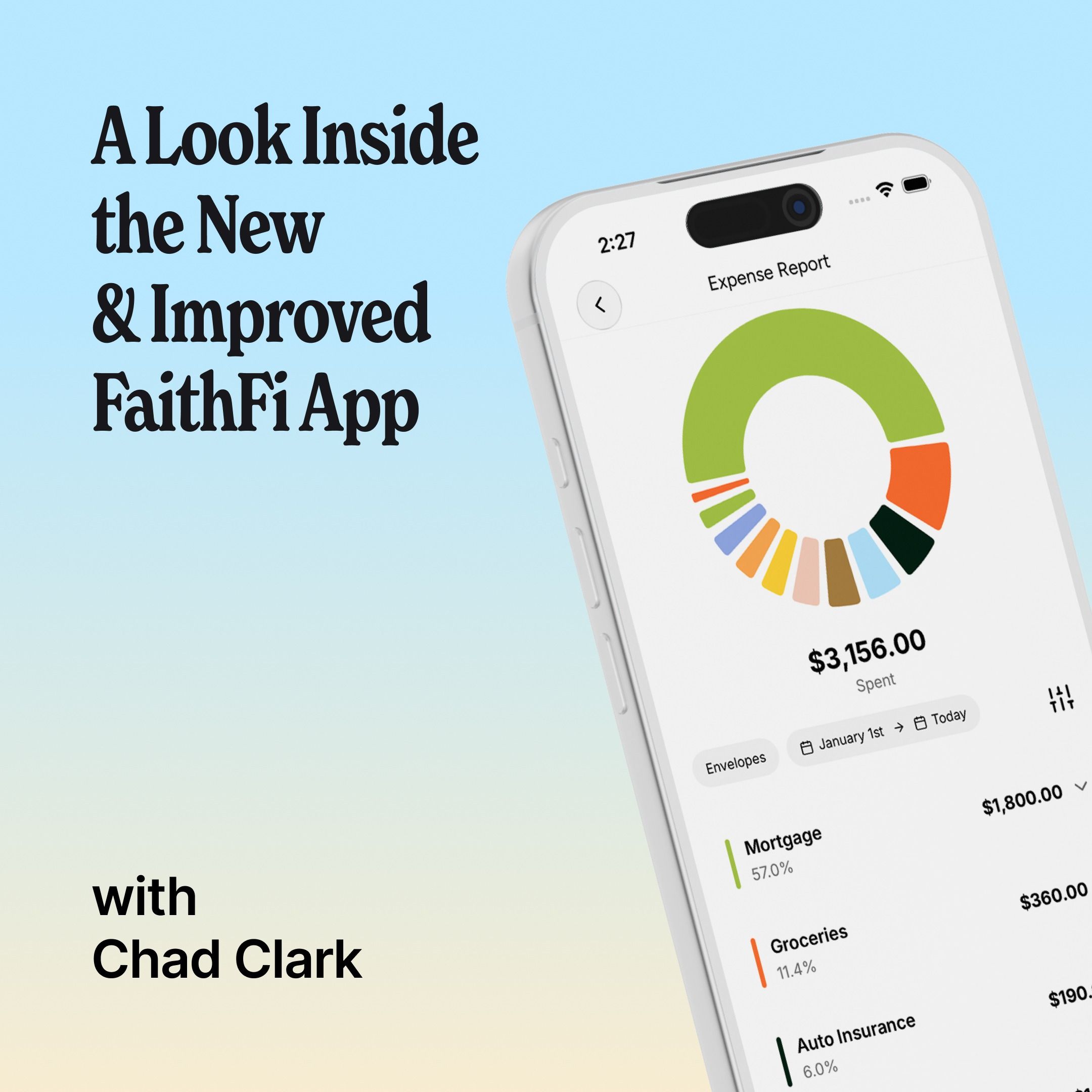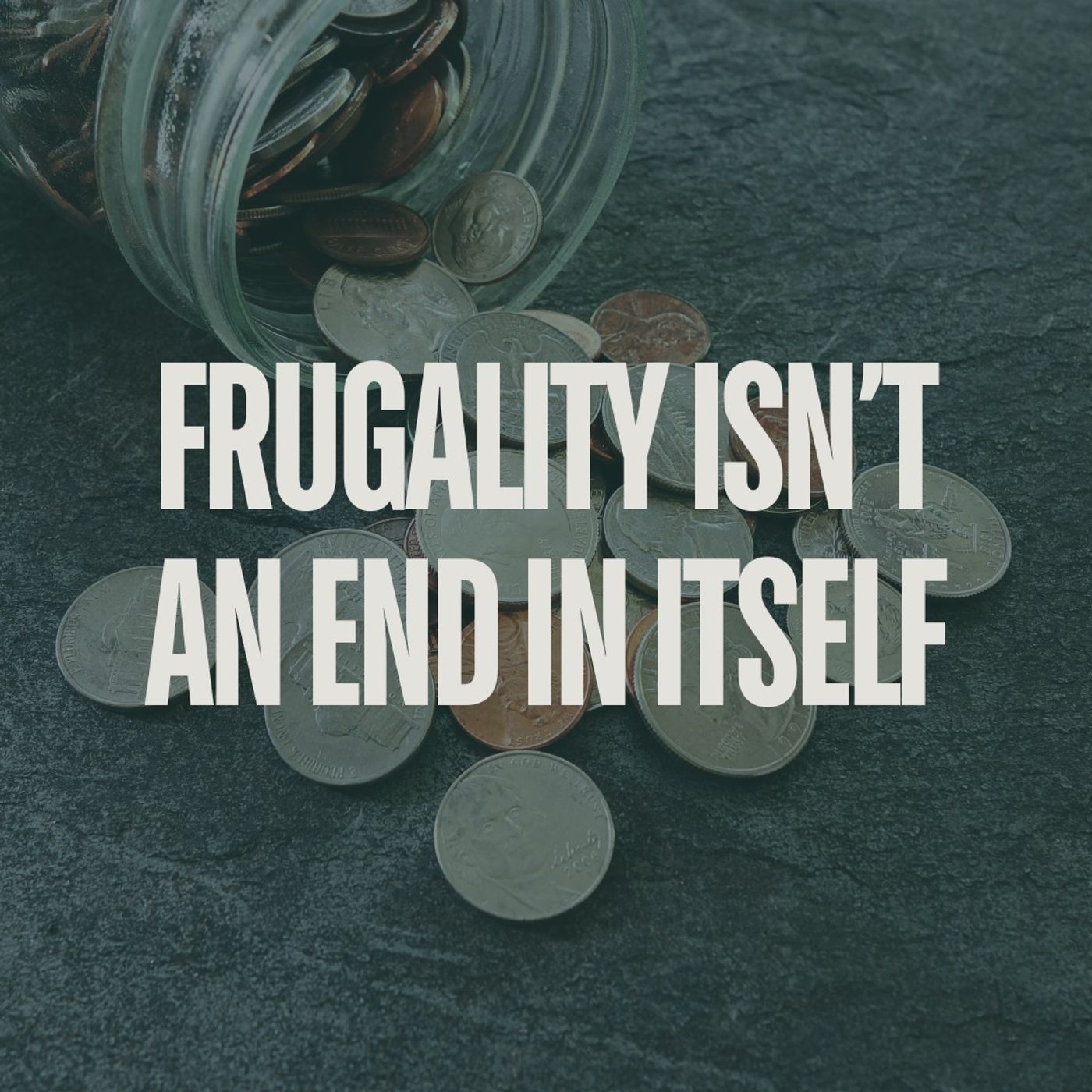Gospel Generosity with Dr. Nathan Harris
Faith & Finance with Rob West
“For you know the grace of our Lord Jesus Christ, that though he was rich, yet for your sake he became poor, so that you by his poverty might become rich.” - 2 Corinthians 8:9 That verse is among the most cited on the subject of generosity…and for good reason. It links generosity with the Gospel. Dr. Nathan Harris joins us to make that connection even stronger. Dr. Nathan Harris is the Vice President of Advancement at Grace College in Winona Lake, Indiana. He is also the author of A Short Guide to Gospel Generosity: Giving as an Act of Grace.

Show Notes
That verse is among the most cited on the subject of generosity…and for good reason. It links generosity with the Gospel. Dr. Nathan Harris joins us to make that connection even stronger.
Dr. Nathan Harris is the Vice President for Strategic Initiatives at the University of Mobile in Mobile, Alabama. He is also the author of A Short Guide to Gospel Generosity: Giving as an Act of Grace.What Is Gospel Generosity?
Gospel generosity is giving rooted in the good news of salvation through Jesus Christ. Generosity is not merely a virtue for the Christian life but a cheerful disposition that springs forth from the gospel. This kind of generosity arises from new life in Christ, is empowered by the Holy Spirit, and reflects the Father’s model of grace throughout creation.
At its core, gospel generosity isn’t just about giving—it’s about proclaiming and portraying Christ’s saving work in our lives. It signifies a radical transformation of a believer’s heart and mind, leading to joyful stewardship of resources in service to God’s kingdom.
Beyond the Tithe: A Higher Calling
One of the most debated topics surrounding generosity is the concept of tithing. Are Christians called to tithe, or is there a greater expectation?
You Might Also Like

January 30, 2026
Handling Scripture with Wisdom
Understanding what the Bible says about money begins with understanding what the Bible means. Rob West warns us that we ...

January 30, 2026
A Look Inside the New & Improved FaithFi App with Chad Clark
Are you looking for tools that clarify, simplify, and anchor faithful stewardship in biblical wisdom? That question has ...

January 29, 2026
Frugality Isn’t an End in Itself
Frugality has its place—but it’s not the finish line. Rob West explains that frugality becomes misplaced when saving mon...